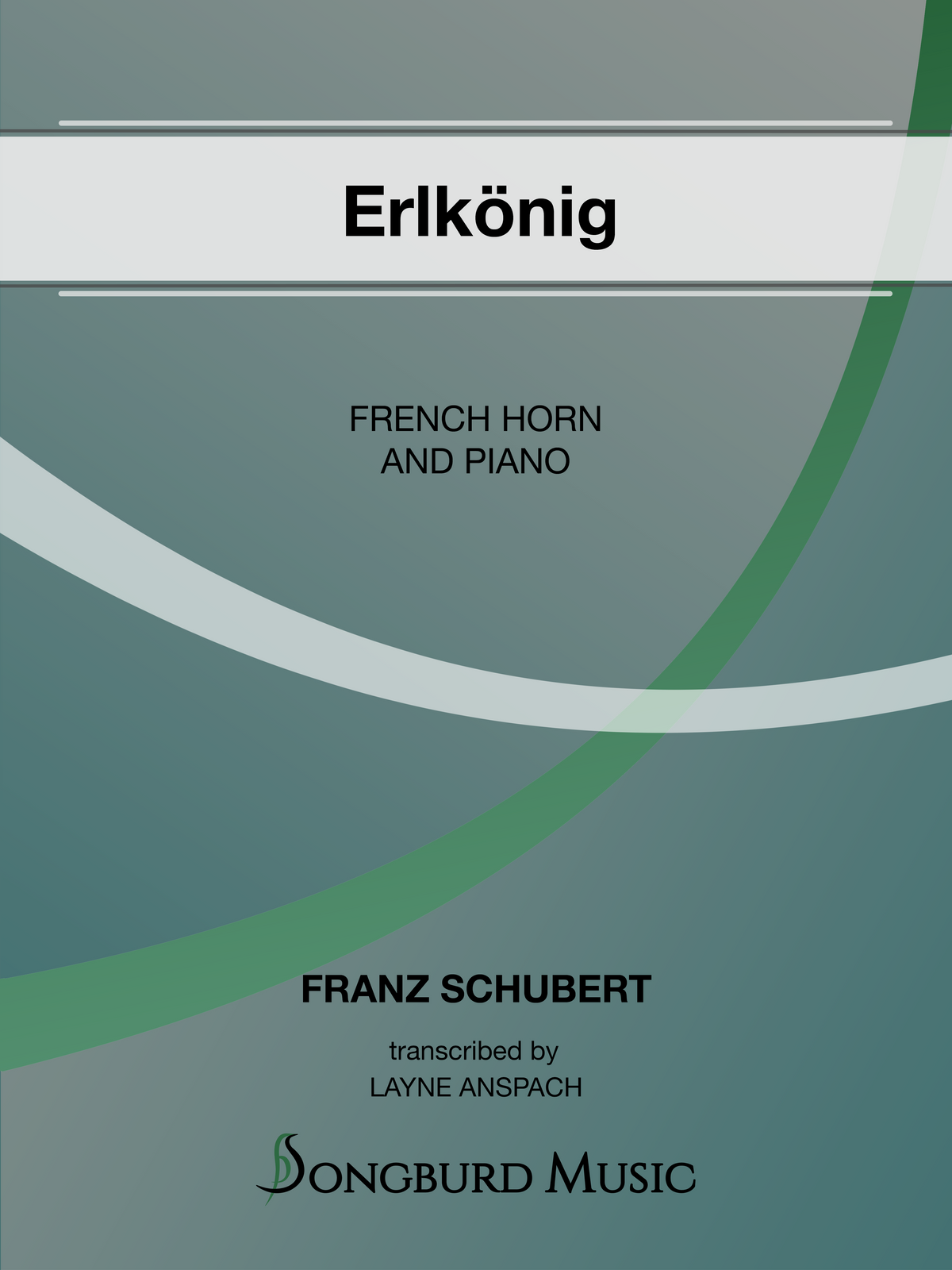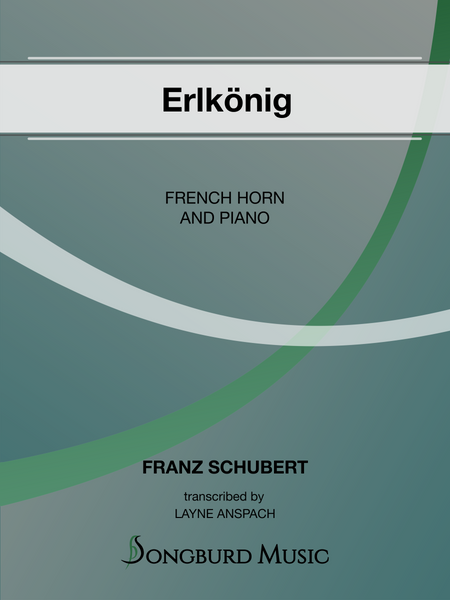Erlkönig
FRANZ SCHUBERT was an Austrian composer native to the cosmopolitan city of Vienna, colorfully called the “City of Music” as so many other non-native musicians composed or performed there, while others such as Mozart and Beethoven called it home. While only 20 years of age in the year of 1814 Schubert composed a remarkable number of lieder (songs), drawing upon the works of many different poets of the period, which eventually connected him with the poems of Johann Goethe. This lead Schubert in the year of 1815 to compose the well-known Erlkönig, op. 1 D. 328, based upon Goethe’s poem Der Erlköning, which was taken and revised from a widely told Scandinavian folk tale about a sinister daughter of a forest-dwelling Elf King.
Johann Wolfgang von Goethe was a poet, playwright and novelist who is thought to have been influenced by the Sturm und Drang literary movement, becoming perhaps one of the greatest authors in the German language whose works have had a lasting impression on Western literature to this day. Notably, it ought to be mentioned that many of his poems were set to music by the likes of Mozart, Liszt, Wagner, Mahler, Berlioz, Beethoven and of course Schubert, who used Goethe’s poem, Der Erlkönig, to produce one of his more fanciful art songs that depicts the death of a child who is attacked by the “king of the elves,” a mystical being who lingers in the woods only to stalk little children and kill them with a touch of his hand.
The story of the Erlkönig is considered by some to have come from the Danish folk ballad Elveskud, and that Goethe’s variant was inspired by a work written by the philosopher, Johann Gottfried von Herder. It tells the story of a boy who is being carried home by his father during the night, and the child hears noises and seems to see things in the woods, while the father attempts to comfort the son by explaining away the things that scare him, all the while riding ever faster on horseback, only in the end to discover that his son has died. (The Erlkönig translates literally from the German as “Alder King” rather than the commonly used “Elf King.”)


